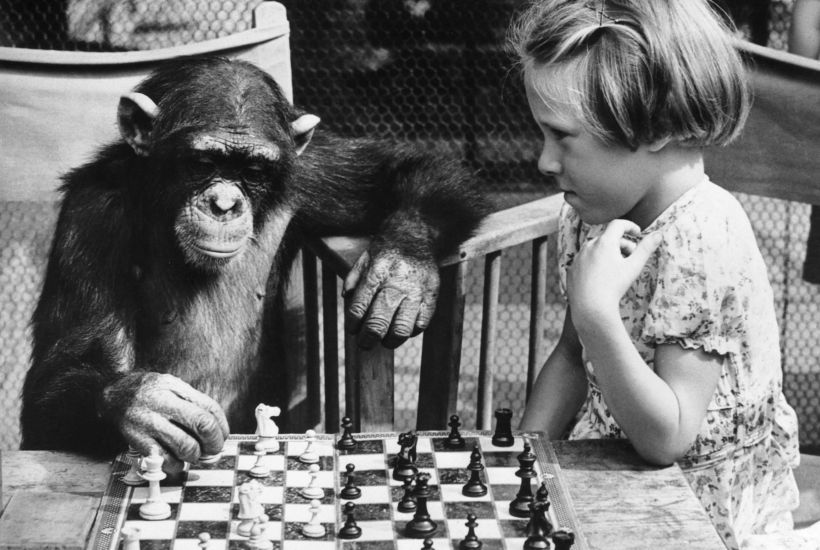Deplatforming has again become an issue after Teach First, a UK not-for-profit organisation that recruits teachers from other academic disciplines, removed an article by Toby Young, the director of the New Schools Networks, arguing IQ was the single biggest predictor of student outcome and there were limits to what schools can do to overcome IQ inequity.
Teach First initially published the article with a rebuttal from Sonia Blandford. They later removed the article stating on Twitter:
We made a mistake. We published 2 blogs with opposing views as part of a recent debate on education. One was wrong. We’ve removed it. Sorry.
They replaced Young’s post with a longer explanation for why the article was removed stating that:
The aim was to drive debate. But we shouldn’t have published his blog, even with the rebuttal: it was against what we believe is true and against our values and vision. We apologise. Although we don’t want to provide a platform for those views we also don’t want to cover over our mistake, so this note also serves as a record.
Young later republished the article at the website, No Sacred Cow and wrote on Twitter:
I’m disappointed that Teach First has removed an article I wrote from its website. It was a contribution to a debate about what schools can and cannot realistically achieve, with Sonia Blandford putting the other side.
I was asked to write it by Teach First, unpaid, and submitted it several weeks ago. So plenty of time to weigh up whether to publish it. If they had decided not to publish it, that would have been fine. But to publish it and then take it down is unprofessional. I’m particularly disappointed as I gave up an afternoon of my time, again unpaid, to speak at a Teach First event last week. Above all, though, I’m baffled. Jonathan Dando has issued a statement saying that what I wrote “was against what we believe is true and against our values and vision.” Surely, the point of a debate is for two people to express opposing viewpoints?
Young’s deplatforming is reminiscent of the Bell Curve controversy where academic Charles Murray was heavily criticised and deplatformed because of the arguments in his book The Bell Curve. Much like Young’s article, The Bell Curve questioned the role of IQ in education outcome and its relevance for broader society. In both cases, people have not only argued that the arguments were wrong, but also morally repugnant.
On Twitter one person tweeted in response:
Genetic variation, natural ability, tablets to make you clever? I actually feel sick.
And another person tweeted:
I’m not convinced you want to find solutions. Perhaps you’re content with the elitist notion that the genes will decide.
While the ideas in Young’s article are confronting, are educators any better off having not heard them? John Stuart Mill wrote:
The peculiar evil of silencing the expression of an opinion is, that it is robbing the human race; posterity as well as the existing generation; those who dissent from the opinion, still more than those who hold it. If the opinion is right, they are deprived of the opportunity of exchanging error for truth: if wrong, they lose, what is almost as great a benefit, the clearer perception and livelier impression of truth, produced by its collision with error.
In this case, Teach First deprived its readers of the opportunity to question Young’s article and its implications. Instead, Teach First caved into complaints from some of its readers and thus deprived all its readers the opportunity to explore and challenge new ideas. By removing the article, Teach First told its readers that its values and beliefs are of higher value than the exploration of the truth. If Young’s article is right, they are deprived of learning the truth, but even if he is wrong they have been robbed of a clearer understanding of the truth.
Teach First’s censorship of the article is made more shameful in that they had the article for several weeks and had another educator write a rebuttal to his article. When they published the article they knew exactly what they were publishing and should have assessed it at that stage, but to give into pressure after the article’s publication shows real weakness.
The implications of the kind of civil censorship Teach First practised are significant. It has become increasingly difficult to challenge existing orthodoxies or raise uncomfortable truths. Censorship used to require the threat of violence or imprisonment, not today. Now all that is required is that someone, somewhere take offence. A few Twitter complaints, and organisations, universities and government departments promptly issue an apology followed by the removal of the offending material.
If this trend continues society will move ever further from the truth. Teach First owed the students whose interests it claims to represent more than hopes and wishes, and in the case of education policy, the consequences of basing policy on hopes and wishes can be tragic.
Justin Campbell is General Manager of LibertyWorks Inc.
Got something to add? Join the discussion and comment below.
Got something to add? Join the discussion and comment below.
Get 10 issues for just $10
Subscribe to The Spectator Australia today for the next 10 magazine issues, plus full online access, for just $10.


























Comments
Don't miss out
Join the conversation with other Spectator Australia readers. Subscribe to leave a comment.
SUBSCRIBEAlready a subscriber? Log in